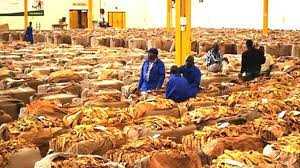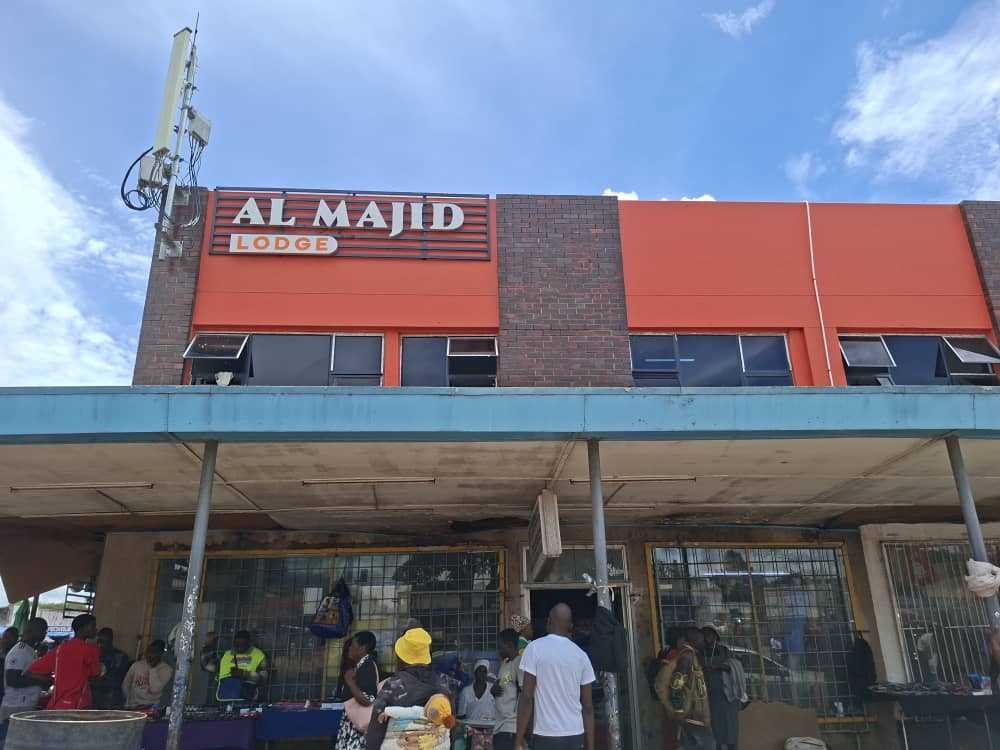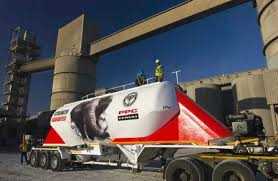
Zim Now Writer
As the 2024 tobacco marketing season approaches, a cloud of uncertainty hangs over the golden leaf industry in Zimbabwe. While the country celebrated a record-breaking 296 million kg harvest in 2023, concerns fester regarding the pricing system, farmer participation, and profit distribution
The cornerstone of the industry, the colonial-era auction system, now faces heavy criticism for capping prices at $4.99 per kilogram, effectively hindering farmers from reaping the full potential of their high-quality tobacco.
Experts and farmer organisations such as the Zimbabwe Farmers Union and Zimbabwe Progressive Tobacco Farmers Association decry the system as unfair and opaque, alleging collusion among buyers to suppress prices.
Related Stories
Adding to the concerns, farmers lament their limited involvement in the lucrative value chain beyond primary production. While processed tobacco fetches significantly higher prices on the international market, opportunities for farmers to participate in processing, exporting, or profit-sharing remain scarce. This leaves them dependent on a system perceived as rigged against them.
The government's Tobacco Industry Value Chain Transformation Strategy, aiming for a $5 billion industry by 2025, offers a glimmer of hope. However, critics question how these benefits will trickle down to farmers. With offshore loans for production currently swallowing up a significant portion of profits, skepticism is high regarding genuine improvements in farmer earnings.
Analysts and stakeholders urge comprehensive reforms to address these systemic issues. Proposals include exploring alternative pricing mechanisms, facilitating increased farmer participation in the value chain, and restructuring loan agreements to allow them to retain a larger share of profits.
Despite the record harvest, the future of Zimbabwe's tobacco industry hinges on effectively addressing these challenges. If reforms fail to materialise, the golden leaf risks losing its lustre, leaving farmers and the national economy at a disadvantage. Only time will tell if the industry can transform itself into a truly equitable and sustainable driver of growth.



















Leave Comments